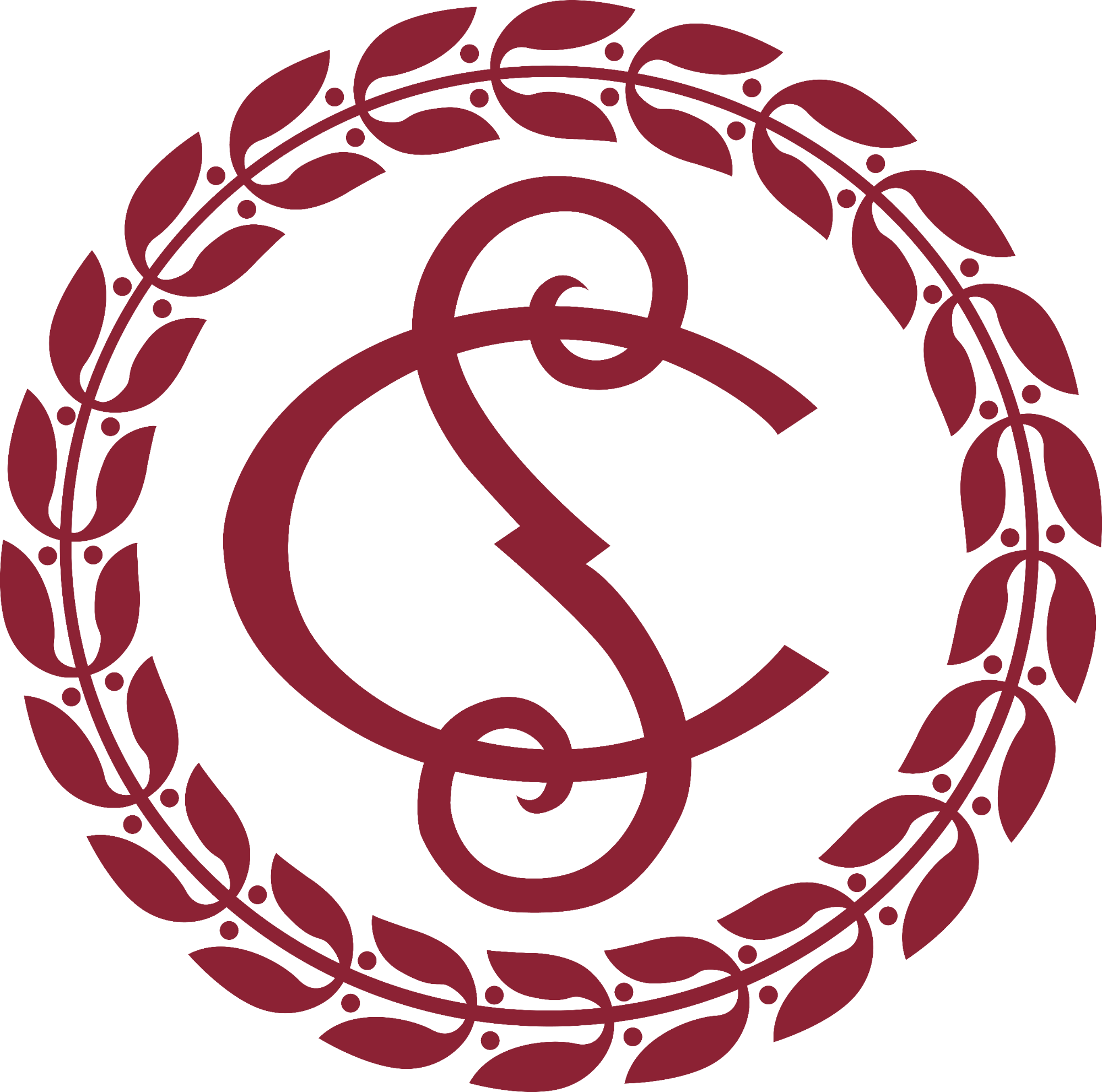Case in Brief
Cases in Brief are short summaries of the Court’s written decisions drafted in plain language. They are prepared by communications staff of the Supreme Court of Canada. They do not form part of the Court’s reasons for judgment and are not for use in legal proceedings.

1688782 Ontario Inc. v. Maple Leaf Foods Inc.
Additional information
- See full decision
- Date: November 6, 2020
- Neutral citation: 2020 SCC 35
-
Breakdown of the decision:
- Majority: Justices Russell Brown and Sheilah Martin dismissed the appeal (Justices Moldaver, Côté, and Rowe agreed)
- Dissenting: Justice Andromache Karakatsanis said that Maple Leaf Foods, as the exclusive supplier of meats under the franchise agreement, owed the franchisees a duty not to place unsafe meats into the market that could lead to business loss to the franchisees (Chief Justice Wagner and Justices Abella and Kasirer agreed)
- On appeal from the Court of Appeal for Ontario
- Case information (38187)
- Webcast of hearing (38187)
-
Lower court rulings:
- Certification of class action (Ontario Superior Court of Justice)
- Decision on motion for summary judgment (Ontario Superior Court of Justice) (unreported)
- Appeal (Court of Appeal for Ontario)
Case summary
Maple Leaf Foods wasn’t responsible for the lost profits of Mr. Sub owners due to a food recall, the Supreme Court has ruled.
Mr. Sub was a chain of Canadian sandwich shops. It was a “franchise.” This meant each shop was owned by different “franchisees.” As franchisees, shop owners had the benefit of Mr. Sub’s brand. They also got better prices for supplies. Franchisees usually have to use specific products and do things a specific way. This is so the customer’s experience is always the same. As part of Mr. Sub’s franchise agreement, its franchisees agreed to buy most of their sandwich meats from Maple Leaf Foods.
In 2008, Maple Leaf Foods learned that some of its meat contained a bacteria called listeria. There was a lot of news coverage about people getting sick and dying from eating Maple Leaf meats. No one got sick or died from eating meat at a Mr. Sub. Anyone who bought the meat from Maple Leaf had to return it to be destroyed, or throw it away, and would get a refund. Two of the meats affected by the recall were used by Mr. Sub shops.
Right after the listeria outbreak, shop owners weren’t allowed to buy meats from somewhere else. This was because the franchise agreement with Mr. Sub said they couldn’t. After about two months, Mr. Sub said the shop owners could buy from other companies. But before this, the individual shops lost money. Their reputations were hurt. This was because people knew they used Maple Leaf products, and they knew about the listeria contamination. The shop owners could have asked Mr. Sub for permission to buy meat from another company during this time, but they didn’t.
The shop owners sued Maple Leaf Foods. They couldn’t sue Mr. Sub because the franchise agreement said they couldn’t. They said Maple Leaf was responsible for their lost sales, profits, business value, and customer goodwill because of the recall.
The motion judge said Maple Leaf was responsible for the shop owners’ losses. The Court of Appeal said it wasn’t.
The majority of judges at the Supreme Court said Maple Leaf Foods didn’t owe the shop owners for the money they lost or the damage to their reputation.
For Maple Leaf Foods to be legally responsible, the shop owners would have to show that it owed them a “duty of care.” In law, a duty of care means someone has to act reasonably to avoid hurting others close to them. It is an important concept in tort law. Tort law deals with non-criminal wrongdoing outside of a contract.
Tort law isn’t about contracts. But one way courts can decide if someone is close enough to owe someone else a duty is if there is a contract between them. The shop owners didn’t have a contract with Maple Leaf Foods. They had a contract with Mr. Sub. The contract with Mr. Sub said they had to buy meat from Maple Leaf. But Maple Leaf wasn’t part of that contract. Contracts are only between the parties who agree to them. Maple Leaf didn’t have a contract with any of the shop owners saying it had to supply the meat to them.
The shop owners said Maple Leaf Foods had to provide meat that was fit to eat. They said it was responsible for their losses because it didn’t. When a claim is only for lost profits, sales, value, or goodwill, it is a claim for “pure economic loss.” This is a loss that doesn’t involve mental or physical damage to someone or something. Claims for pure economic loss are allowed in very specific situations. For example, it can be allowed so someone can avoid injury when someone else builds or supplies something dangerous. The majority said Maple Leaf’s duty was to protect customers from getting sick from eating their meats, not to protect shop owners’ business interests. While it was responsible for removing the danger (by recalling the meat), it wasn’t responsible for the shop owners’ lost profits, sales, value, or goodwill.
This case was a “class action.” When a large group of people have the same legal problem, they might decide to get together and sue as a group. The “class” is the group, and the “action” is the lawsuit. That means a class action is a group lawsuit. It lets the whole group get their complaint dealt with at once. In this case, 1688782 Ontario Inc. was the plaintiff who represented the group.
